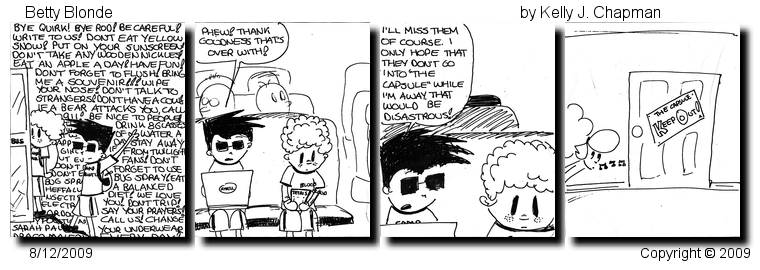Michael Egnor recently authored a new article in First Things on the mind-brain problem titled A Map of the Soul. I am really just putting this up here as a placeholder and reference for use in future discussions. Egnor writes clearly and concisely about something he has studied up close as a brain surgeon. In addition, it is obvious that he has spent time trying to understand Philosophy and Philosophy of mind. He makes a compelling case for a dualist view. Here is an excerpt of some the observations that have informed his belief in the existence of the mind apart from the brain:
Wilder Penfield, an early-twentieth-century neurosurgeon who pioneered seizure surgery, noted that during brain stimulation on awake patients, he was never able to stimulate the mind itself—the sense of “I”—but only fragmented sensations and perceptions and movements and memories. Our core identity cannot be evoked or altered by physical stimulation of the brain.
Relatedly, Penfield observed that spontaneous electrical discharges in the brain cause involuntary sensations and movements and even emotions, but never abstract reasoning or calculation. There are no “calculus” seizures or “moral” seizures, in which patients involuntarily take second derivatives or ponder mercy.
Similar observations emerge from Roger Sperry’s famous studies of patients who had undergone surgery to disconnect the hemispheres of the brain. This was done to prevent seizures. The post-operative patients experienced peculiar perceptual and behavioral changes, but they retained unity of personal identity—a unified intellect and will. The changes Sperry discovered in his research (for which he won a Nobel Prize) were so subtle as to pass unnoticed in everyday life.


